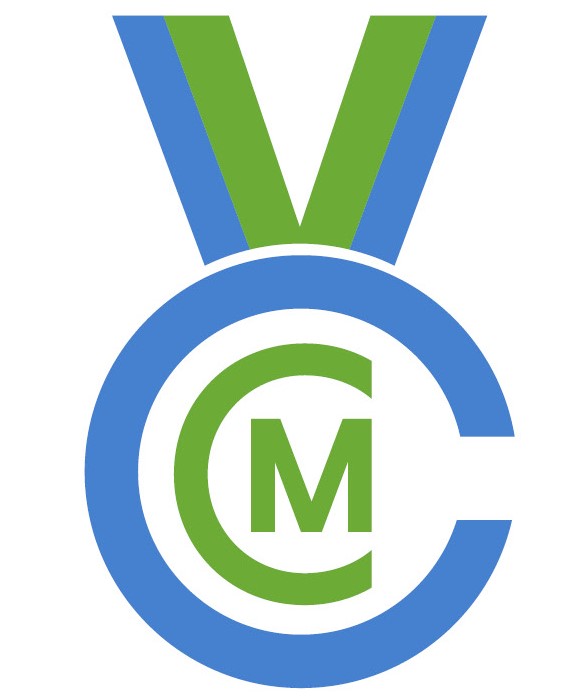This week I had another awesome sports therapy session with Wayne Armour the Body Mechanic. We talk a lot during the session, between my yelps of pain, but afterwards everything was so loose and relaxed that it made me reflect on my past experiences with massage and other forms of therapy.
Getting good therapy is vital and everyone should be having some form of body therapy on a regular basis (regardless of your athletic or non-athletic ability). What amazes me is how quickly things can get out of order and before you know it you've picked up an injury.
So how do you know who is good and who is bad? Every therapist does a good job but some are just better than others. Below are some of the things I look for in a Therapist;
Industry Experience - how long have they been practicing and who or what do they specialize in? Ideally going to someone who is familiar with treating injuries in your sport or life situation is important, they will understand your situation and will be in a better place to work out what the route cause is . Also find out what qualifications they have.
How You Feel Afterwards - I love it when I feel like my muscles have been interrogated! Every thing is loose and range of motion increased (including flexibility). You shouldn't get too much visible bruising unless you are in really bad shape or get a Cupping session (a good therapist knows the limits)! But your range of motion must improve.
Do they treat the issue - this is the most important one for me. Too many times I've been treated at the site of the injury, rather than looking for the cause and unfortunately the injury kept reoccurring. Muscle injuries happen for a reason, and a great therapist knows how to find your root cause. Dig deep enough and you will be amazed that your tight calf muscle has caused your plantar fasciitis, or your tight foot muscles have caused your ITB to flare up. Make sure your therapists finds the root muscles causing your pain, breaks them down, and restores normal range of motion.
How well do they explain - I love information about whats happening in my body, it helps me develop great awareness and understanding of how my body works. Everyone is different so learning about how your body structure handles what you do is really important to prevent long term injuries. For example at the moment my hamstrings are tight, and this has a major effect on other parts of my body, so foam rolling them regularly is important for me.
Therapy for me does not involve candles or oils, to really get body benefits that will enhance your movements try Deep-Tissue Massage, Pressure Point Therapy, Dry Needling, Acupuncture or Cupping. (Or if you're like me, do the whole lot!)
Check out Wayne Armour at https://www.facebook.com/WayneBodyMechanic/?ref=br_rs


